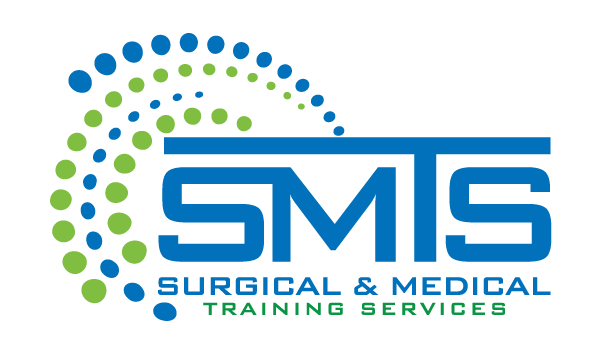Revolutionizing The Future with Automation in Medical Labs
The healthcare industry is changing in terms of how medical services are delivered due to technological advancements. Medical laboratories are making notable advancements in a particular area. These laboratories are crucial for patient care as they analyze blood, urine, and tissue through tests. This change doesn’t just boost productivity but also elevates the quality of patient care. This blog post will explore how automation is changing the future of Medical Labs, focusing on Surgical & Medical Training Services as a key training provider in the industry.
Automation in Medical Labs: A Game-Changer
Utilizing cutting-edge technology in the Medical Lab automates tasks previously carried out by hand. It utilizes state-of-the-art technology to enhance efficiency and precision in tasks previously performed manually. This shift offers many advantages, including faster results and lower costs. Automating routine healthcare tasks allows providers to spend more time on data analysis, interpretation, and delivering high-quality care.
Benefits of Automation in Medical Labs
- Increased precision: Automation decreases the chances of human mistakes, guaranteeing that test outcomes are dependable and uniform.
- Quicker Turnaround Times: Automated processes can speed up testing procedures, resulting in faster diagnosis and treatment decisions.
- Improved cost efficiency: Although the upfront cost of automation may be substantial, maximizing resource usage can result in significant cost reductions over time.
- Enhanced Productivity: Automation enables laboratories to handle more samples efficiently, enhancing productivity.
Pioneering the Future of Technology
Enter the futuristic healthcare realm, where Medical Labs are innovation pioneers. With the integration of cutting-edge technologies, these labs are rewriting the playbook on efficiency and precision. Say farewell to traditional methods as automation takes the stage, transforming the landscape of diagnostic testing. Witness firsthand how these advancements are changing the game and revolutionizing the entire approach to patient care.
Integrating Automation with Human Expertise
While automation offers numerous advantages, integrating these systems with the expertise of healthcare professionals is essential for maximizing their potential.
- Training and Adaptation
Implementing automation technology in the Medical Lab requires a change in both the technology used and the expertise of the laboratory personnel. Having consistent training programs is essential in guaranteeing that staff members can effectively operate and maintain automated systems. Additionally, employees need to be educated on how to analyze the complicated data produced by these devices, especially in genetic testing, which can be very complex.
- Ethical Considerations
As with any technological advancement, automation in the Medical Lab raises ethical considerations. Relying on automated systems raises concerns about data privacy, job effects, and the risk of machine mistakes. Ensuring these ethical aspects are handled by implementing strict regulations, constantly monitoring, and finding the right balance between machine support and human supervision is essential.
Future Trends in Lab Automation
Looking ahead, the future of Medical Lab automation is poised for further innovations that could redefine traditional methodologies.
- Integration with AI and IoT
AI and IoT will have significant roles in the upcoming advancement of lab automation. AI can improve decision-making through predictive analysis, while IoT can enable real-time monitoring of laboratory conditions and sample statuses, ensuring the best possible results.
- Personalized Medicine
Automation may also open doors for more individualized methods in healthcare. Automated systems can customize treatments based on individual patient’s genetic makeup, leading to faster and more cost-effective genetic testing, ultimately enhancing treatment results and decreasing negative side effects.
Conclusion
Automation within Medical Labs isn’t just a trend; it has marked a substantial shift in data management, diagnostic procedures, and treatment advancement. This change marks the beginning of a new period of effectiveness and accuracy in the medical field, ensuring better patient results and more efficient laboratory processes. As we progress in innovation, the collaboration of human intelligence and machine capabilities will unleash fresh opportunities in the field of medical science, ultimately transforming the outlook of healthcare.
